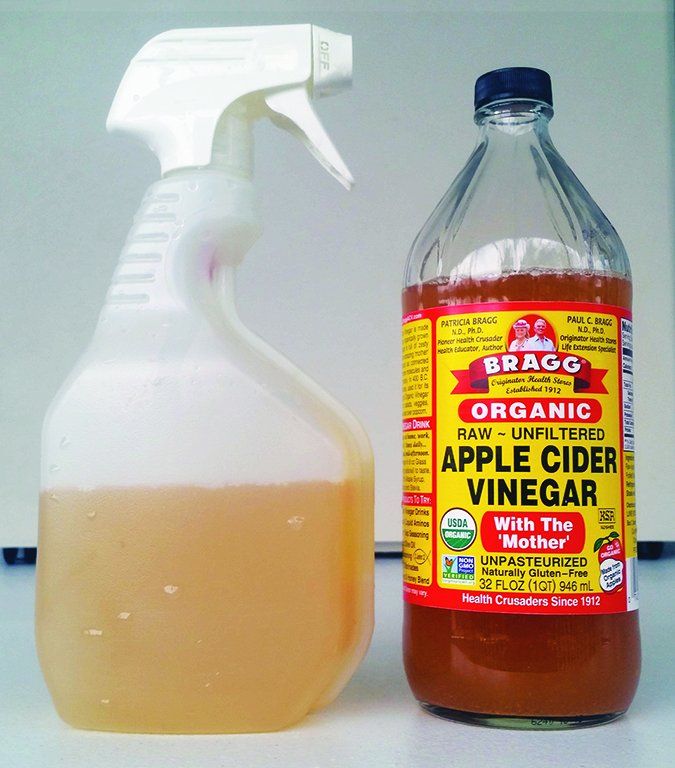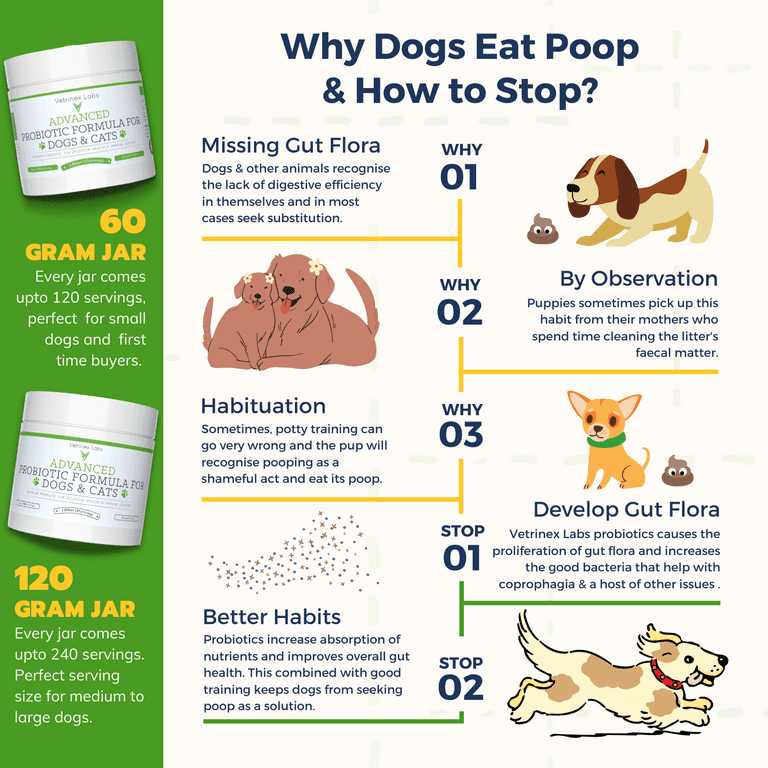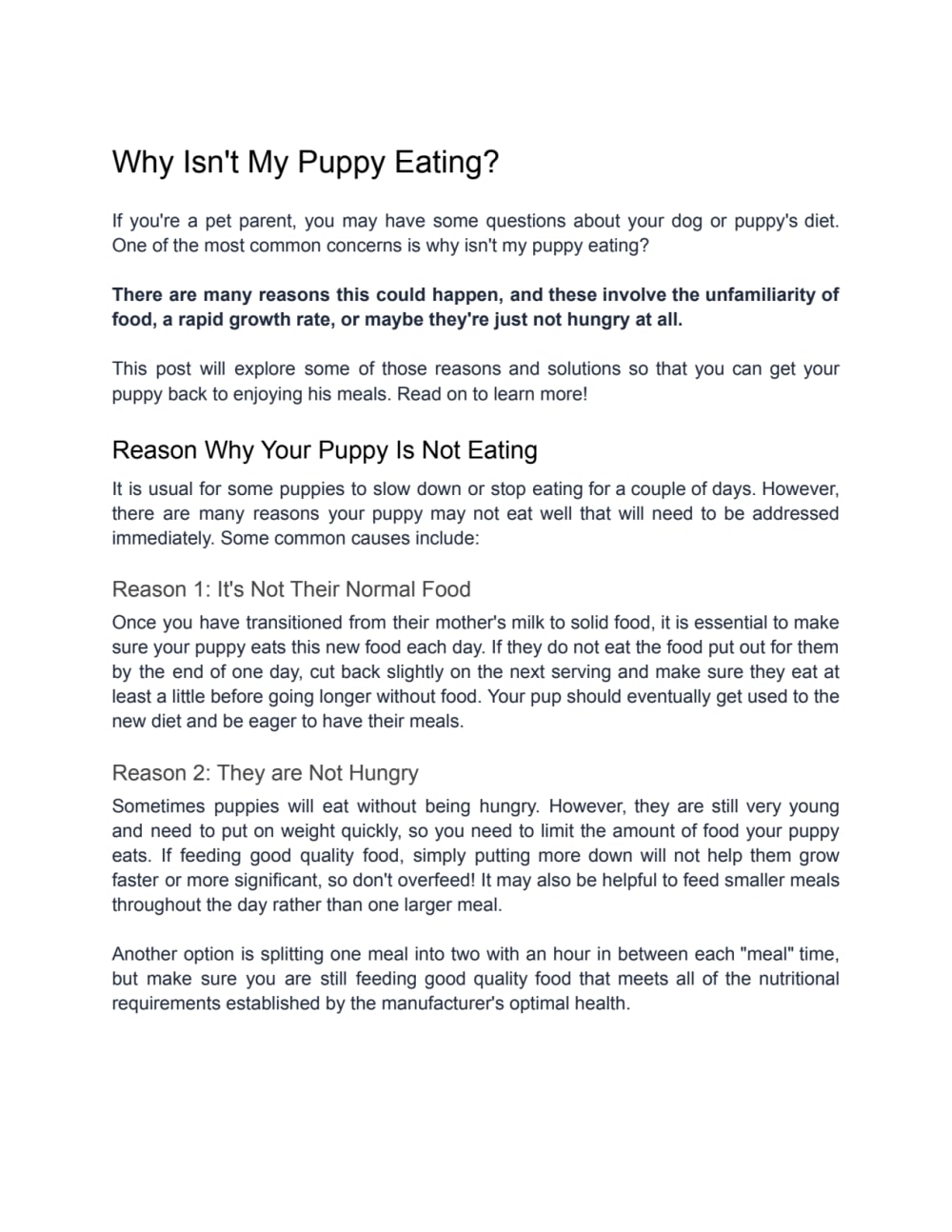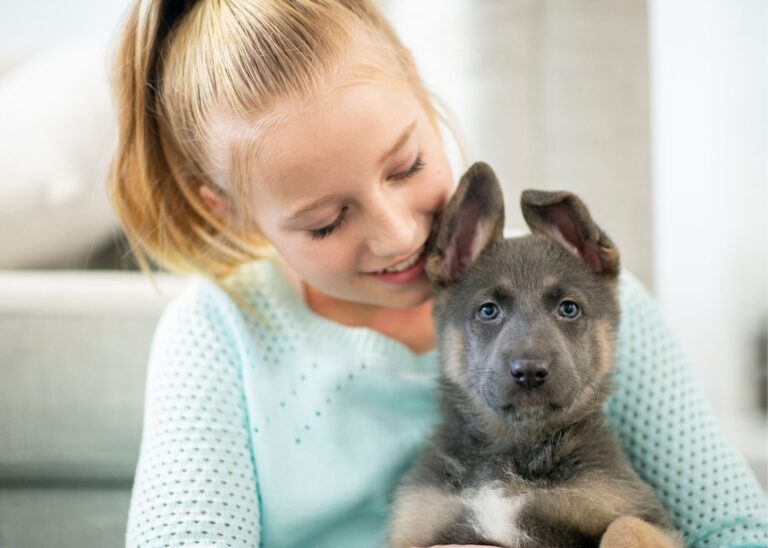To stop a mother dog from eating her puppies, provide her with a quiet and secluded area where she can safely give birth and care for her puppies without feeling stressed or threatened.

Credit: www.whole-dog-journal.com
Understanding The Behavior
Discover effective methods to prevent a mother dog from eating her puppies. Understand the reasons behind this behavior, such as stress, illness, or a lack of maternal instinct, and learn how to create a safe and comfortable environment for the mother and her puppies to minimize the likelihood of such behavior.
Reasons Why Mother Dogs Eat Their Puppies
One of the most heartbreaking behaviors a mother dog can exhibit is eating her own puppies. While it may seem shocking and cruel, there are several reasons why this behavior might occur.First, stress can play a significant role. If the mother dog is feeling anxious or overwhelmed, she may resort to eating her puppies as a coping mechanism. It is essential to create a calm and peaceful environment for the mother dog to help minimize her stress levels.
Illness is another factor that can lead to this behavior. If the mother dog is not feeling well or suffering from a health condition, she may mistakenly view her puppies as weak or sickly. In an attempt to protect the litter, she might choose to eliminate any perceived threat by consuming them.
A lack of maternal instinct is yet another reason why this behavior can occur. Some mother dogs may not possess the natural nurturing instincts needed to care for their puppies. In these cases, they may resort to eating their young, not understanding their role as a mother.
Is It Normal Behavior?
While it is not considered “normal” behavior for mother dogs to eat their puppies, it is not uncommon either. This behavior can be distressing for owners, but it is essential to approach the situation with empathy and understanding. Identifying the underlying cause of this behavior is crucial in determining the appropriate course of action.How To Ensure A Safe Environment For Mother And Puppies
To prevent a mother dog from eating her puppies, it is vital to create a safe and secure environment. Here are some strategies to consider:- Provide a quiet and secluded area for the mother dog to give birth and care for her puppies. This space should be free from noise and potential disturbances.
- Ensure that the mother dog has access to fresh water and a high-quality, balanced diet to support her nutritional needs.
- Regularly monitor the mother dog and her puppies to ensure their health and well-being. Look for any signs of distress or illness that may contribute to the eating behavior.
- If you suspect stress or anxiety is a contributing factor, consider using calming techniques such as soothing music or pheromone diffusers to create a peaceful atmosphere.
- Seek veterinary advice if you notice any concerning behaviors or issues with the mother dog or her puppies. A professional can provide guidance and support tailored to your specific situation.
By understanding the behavior of mother dogs and taking appropriate measures to create a safe environment, you can help prevent the heartbreaking occurrence of a mother dog eating her puppies.

Credit: www.walmart.com
Preventing Mother Dog From Eating Her Puppies
It can be distressing and confusing to witness a mother dog exhibiting the behavior of eating her own puppies. While this behavior is not considered normal, it can happen under certain circumstances. However, there are steps you can take to prevent this behavior and ensure the safety and well-being of the mother dog and her puppies. By creating a quiet and secluded area for the mother dog, ensuring proper nutrition, and separating the mother dog from the puppies when necessary, you can minimize the risk of this behavior occurring.
Creating A Quiet And Secluded Area For The Mother Dog
Female dogs often require a calm and secluded environment during the whelping and raising of their puppies. Providing such an area can help reduce stress and anxiety, which are common triggers for a mother dog to eat her puppies. Here are some tips to create an ideal space:
- Choose a quiet and dimly lit area in your home where the mother dog can have privacy.
- Set up a comfortable and clean whelping box or area with soft bedding.
- Keep the temperature in the area warm and stable to ensure the puppies’ comfort.
- Minimize external noise and disturbances to create a tranquil environment.
Ensuring Proper Nutrition For The Mother Dog
Adequate nutrition plays a crucial role in preventing a mother dog from eating her puppies. Proper nourishment helps maintain the mother dog’s physical and emotional health, reducing the likelihood of this behavior. Consider the following points:
- Consult with a veterinarian to determine the best diet for the mother dog during pregnancy and lactation.
- Provide a high-quality puppy food that meets the nutritional needs of the mother dog.
- Ensure the mother dog has easy access to fresh water at all times.
- Monitor the mother dog’s eating habits and body condition to ensure she is receiving adequate nutrition.
Separating The Mother Dog From The Puppies When Necessary
In some cases, it may be necessary to separate the mother dog from her puppies temporarily to prevent any harm. This can be especially important if the mother dog displays aggressive behavior towards the puppies. Here’s what you can do:
| Gradually introduce short separation periods between the mother dog and the puppies under supervision. |
| Use a secure and comfortable crate or gating system to separate the mother from her puppies when needed. |
| Observe the mother dog’s behavior during separation to ensure she remains calm and does not show signs of distress. |
| Reintroduce the mother dog to the puppies gradually, allowing supervised interactions to prevent any potential harm. |
By following these preventative measures, you can greatly reduce the risk of a mother dog eating her puppies. Remember to consult with a veterinarian or professional dog behaviorist if you are experiencing any difficulties or concerns. Ensuring a safe and nurturing environment will contribute to the health and well-being of both the mother dog and her precious puppies.
Seeking Professional Help
When dealing with a mother dog who is displaying the alarming behavior of eating her puppies, it is crucial to seek professional help. There are several avenues to explore when it comes to getting the right guidance and support. Consulting a veterinarian, considering hormonal interventions, and exploring behavioral modification techniques are all potential options to help address this concerning behavior.
Consulting A Veterinarian
One of the first steps in seeking professional help is to consult a veterinarian. Vets have extensive knowledge and experience in dealing with various canine behaviors. They can assess the situation and provide valuable insights into the underlying causes of the mother’s behavior. Furthermore, a veterinarian can conduct a thorough physical examination to rule out any underlying health issues that may be contributing to the problem.
Considering Hormonal Interventions
In some cases, hormonal interventions may be recommended by a veterinarian. Administering certain medications to the mother dog can help regulate her hormones and calm any anxiety or stress she may be experiencing. This approach can help reduce the risk of her exhibiting harmful behavior towards her puppies.
Exploring Behavioral Modification Techniques
Behavioral modification techniques can also be employed to address the mother’s behavior. This involves working with a professional dog trainer or behaviorist who specializes in canine behavior. They will assess the specific situation and develop a tailored training plan to modify the mother’s behavior and promote a more nurturing and protective instinct towards her puppies.
It is important to note that seeking professional help is crucial as it ensures that you receive expert guidance and support specific to your situation. Every mother dog and her puppies are unique, and a professional can provide personalized advice to effectively address the issue at hand.

Credit: www.upwork.com
Frequently Asked Questions For How To Stop A Mother Dog From Eating Her Puppies
Why Is My Dog Eating Her Puppies?
Female dogs may eat their puppies due to stress, illness, or a lack of maternal instinct. Providing a quiet, secluded area for the dog to give birth and care for her puppies can help reduce the likelihood of her eating them.
It is important to create a safe and comfortable environment to minimize stress.
Why Is My Mom Dog Attacking Her Puppies?
Some female dogs may attack their puppies due to stress or feeling threatened by noise or activity around them. This behavior is not normal but can occur. It’s important to provide a quiet and secluded space for the mother dog to care for her puppies and reduce any perceived outside threats.
Should A Mother Dog Be With Her Puppies All The Time?
A mother dog should be with her puppies all the time as it is important for their care and development.
At What Age Do Puppies Stop Eating From Mom?
Puppies usually stop eating from their mom around 8 to 10 weeks of age.
Conclusion
To conclude, it’s important to understand that a mother dog eating her puppies is not normal behavior. This can be caused by stress, illness, or a lack of maternal instinct. To prevent this, create a safe and comfortable environment for the dog and her puppies, providing a quiet and secluded area.
Avoid any noise or activity that may stress the mother and make sure she has ample time to care for and bond with her puppies. If you suspect any health issues, consult with a veterinarian for further guidance. Remember, a supportive and nurturing environment is key to ensuring the well-being of both the mother dog and her puppies.



